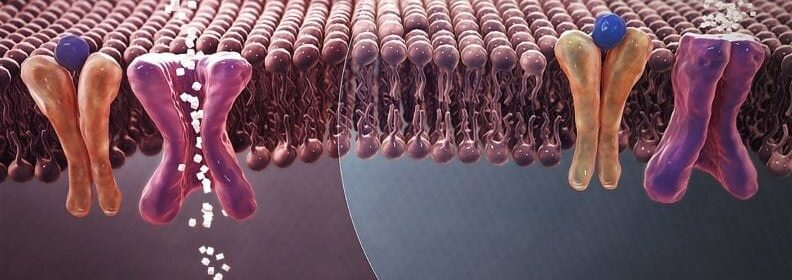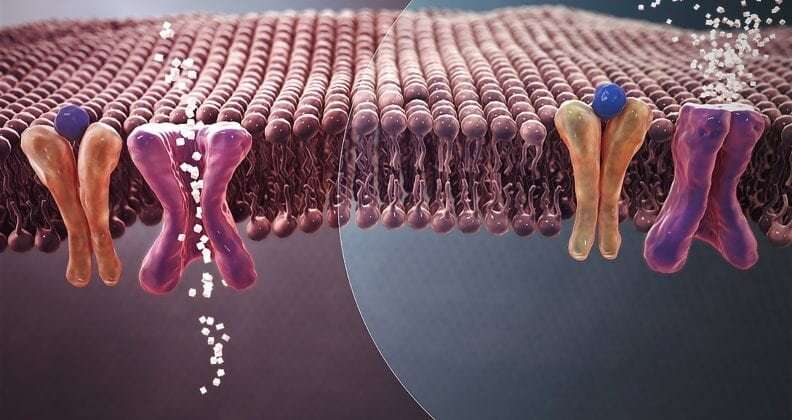Study finds tiny ‘nano’ capsules effective in treating type two diabetes

Curtin University researchers have developed tiny capsules that are able to effectively target the liver and pancreas reducing the inflammatory effects of type two diabetes.
The research, published in the Nature journal, Scientific Reports, explored whether the tiny capsules, developed using bio-nanotechnologies and filled with a combination of human-based bile acids and the lipid-lowering drug Probucol, could target the inflammatory effects of diabetes in mouse models over a six month period.
Lead author Dr. Hani Al-Salami, from the Curtin Health Innovation Research Institute (CHIRI) and the School of Pharmacy and Biomedical Sciences at Curtin University, said the tiny capsules were designed to preferentially target specific organs and enhance the delivery of the active agents, reducing potential damage to other parts of the body.
“Using advanced and customisable bio-nanotechnologies, our team was able to generate tiny capsules that protected the active drugs during the digestive and absorptive process, which in turn enhanced uptake of bile acids and Probucol in the liver and pancreas, which are typically inflamed in diabetes,” Dr. Al-Salami said.
“We found that the nanoparticles containing bile acids and Probucol were effective in reducing high-blood sugar levels and diabetes-associated inflammation in animal models with diabetes.”
Dr. Al-Salami explained that the research findings showed great promise for future diabetic treatments, but further research was needed to test whether the treatment could also be effective in humans.
Source: Read Full Article
